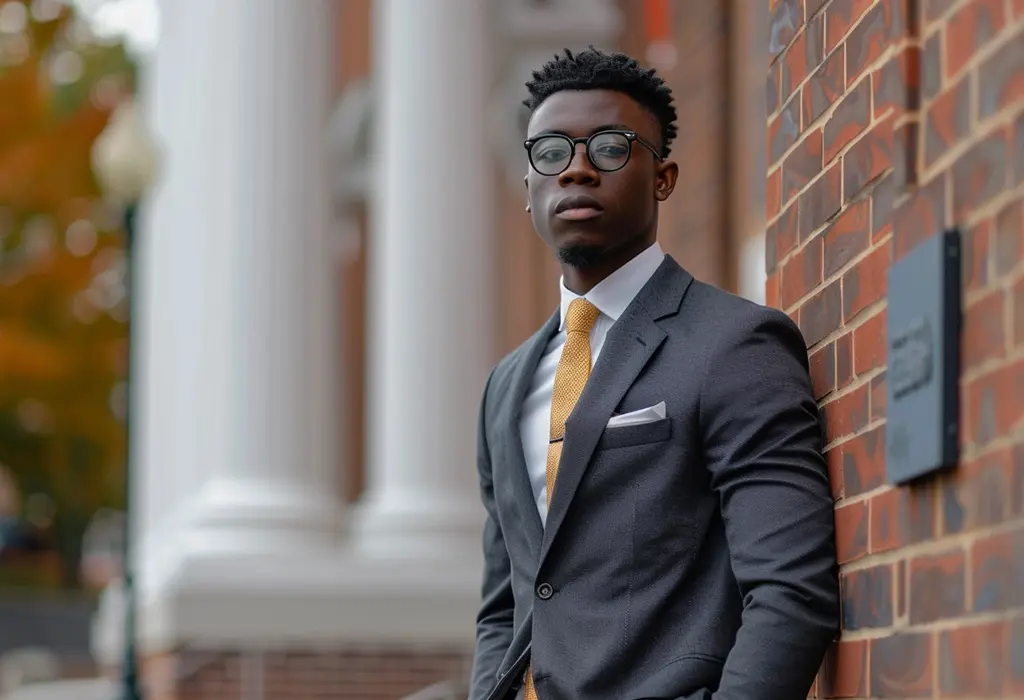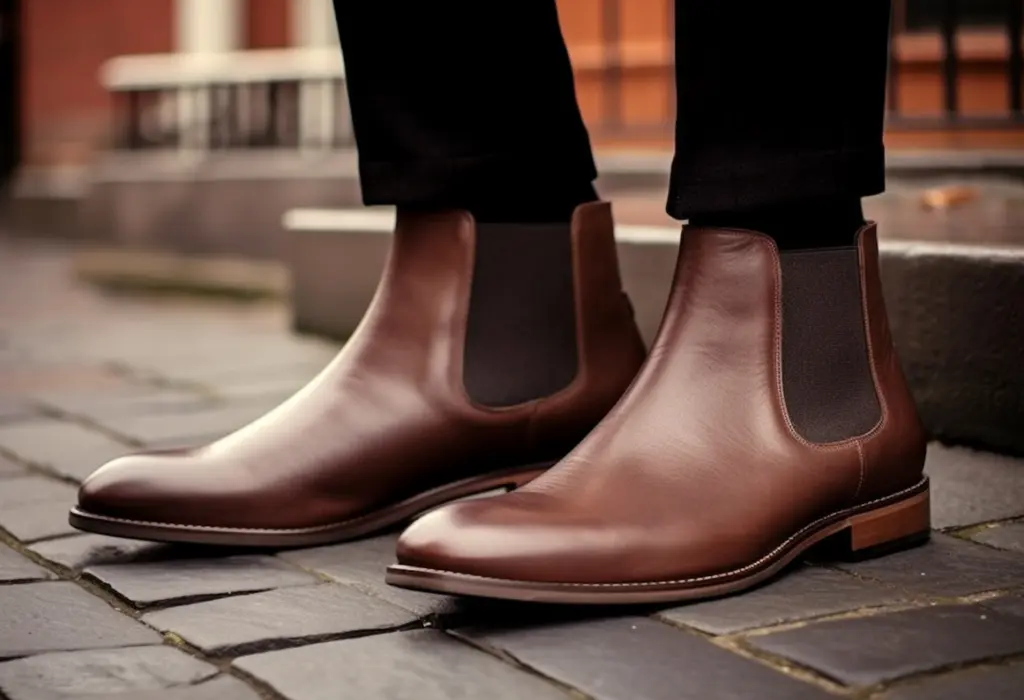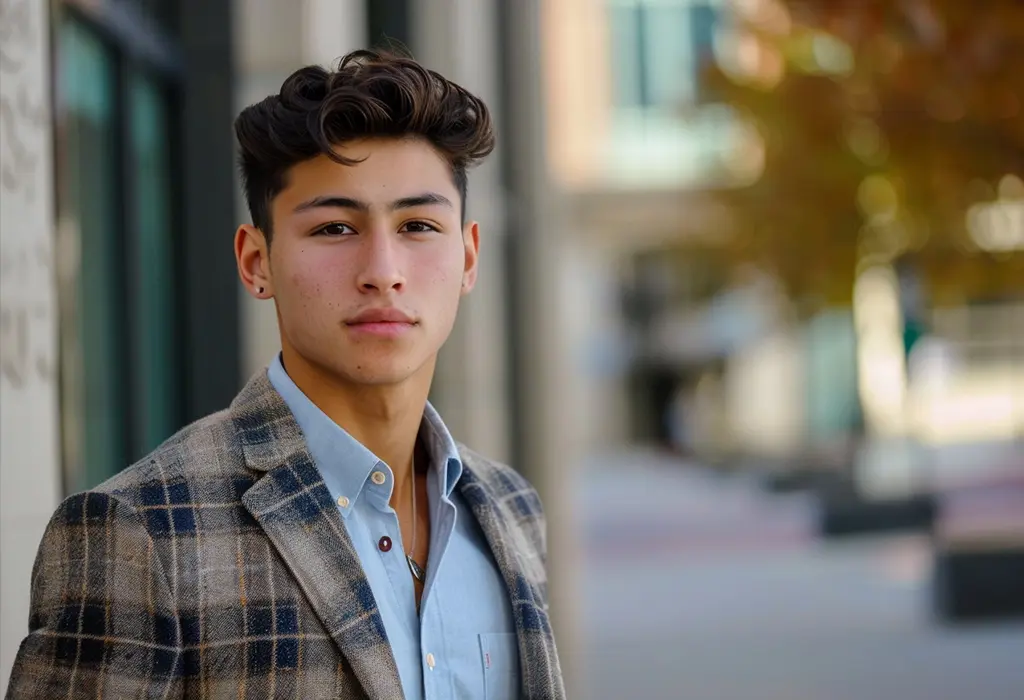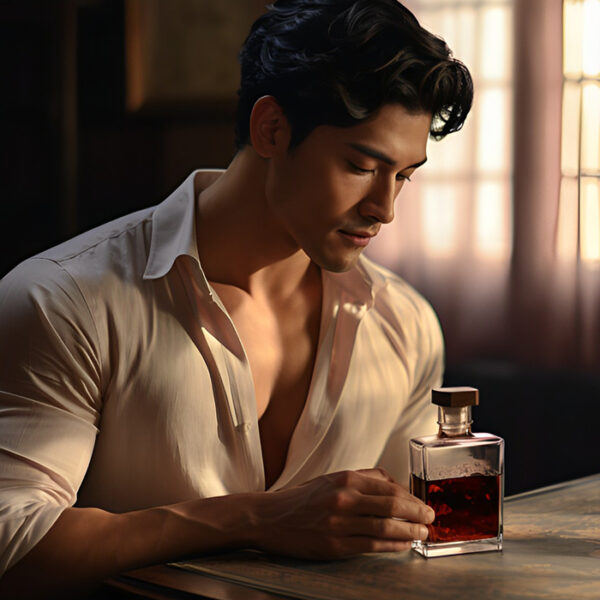High school and college students are not generally regarded as paragons of style.
If anything, academic campuses have a reputation as black holes of fashion, where fleeting trends go to die and be buried in a graveyard of ratty flannels, torn blue jeans, and Ugg boots.
That can make it awfully uncomfortable to be the guy who stands out by dressing well.
But it turns out it just might be worth it – and we have 3 science based arguments to prove it!
#1 – Dressing Better Equals Feeling Better
I first became aware of this phenomenon in college. I noticed a female friend in my study group was all made up. I asked why she was dressed to the nines. What was the occasion?
Her answer: she was sick and felt miserable. However the compliments she received for looking good made her feel better!
There is an entire field of study, enclothed cognition, that explains why what we wear makes us feel better and how the right clothing can help us perform at a higher level.
Seriously – they have statistically shown that what we wear affects our perception of our self and by wearing the right clothing you can perform better on tests and under pressure.
All of us are affected by the clothing we wear.
#2 – The Halo Effect & Clothing

Social psychologists have long been aware of a phenomenon called the “halo effect,” wherein people allow their overall impression of a person to color specific judgments about that person's capabilities or characteristics.
Thus, when we think of someone as a “good person,” we ascribe goodness to specific qualities as well: we assume that they are a good leader, a good lover, and so on, whether we have evidence to support that conclusion or not.
Earlier studies into the halo effect proved that groups of students would consider the same lecturer to be better or worse in his field based on how likable he was, even when the information he presented was identical between groups.
Now, a new study suggests that the effect runs the other way as well: teachers who perceive students as being more respectable or likable than their peers tend to favor those students in grading.
#3 – Lookism Is Real – Physical Attractiveness and Accumulation Of Social Capital

A new paper published in 2014 by Rachel A Gordon, Robert Crosnoe, & Xue Wang details a study on 9,000 American students from high school through their 30s.
The simple conclusion of the study?
Attractive students got better grades than unattractive ones.
Interestingly, the better grades happened despite a propensity among attractive students toward activities that should theoretically have hindered their academic success: they partied more, dated more, and in many cases were more prone to alcohol or substance abuse.
Yet none of that kept the students whose teachers rated them as “attractive” from getting better grades than their “average” or “unattractive” peers.
Within the attractive range there didn't seem to be a difference between the best-looking students and the lower-rated but still “attractive” students.
That suggests a minimum threshold for attractiveness, above which students all enjoyed the same positive “halo effect” – they were judged more positively and seen as more deserving of good grades, by virtue of their attractive appearance.
3 Tips On How To Be An Attractive Student

So does that mean it's time to run out and seduce your professors?
No. Don't get us in trouble, here!
None of this has anything to do with personal relationships. Researchers were looking at simple physical attractiveness, not at behavior or sexuality.
The simplest conclusion here is the best one: if you look sufficiently attractive, you earn a subconscious benefit of the doubt from your teachers.
Students who look like they've put some time and effort into their personal appearance are assumed to be overachievers academically as well, regardless of their actual study habits.
All of which begs the practical question: how can a student who wants a piece of this action present himself more attractively?
A few simple tips that will keep you looking sharp without making you look completely out of place in a school setting:
1. Pay Attention to the Fit of Your Clothing

Most students are buying off-the-rack, and that's fine. You don't need bespoke tailoring to succeed in school.
But you do want to pay attention to the fit, and avoid anything that's too baggy or shapeless. Keep the fit close, but not so tight that it's wrinkling or pinching. Teachers should be able to make out the shape of your body.
2. Avoid Stereotypical “Student” Looks

Steer clear of the things that everyone else is wearing. Hoodies with school names or logos on the front – right out. Blue jeans are also good to avoid, apart from dark, fitted ones that look dressier than the typical student style.
You don't have to wear suits and ties, or even blazers and sports jackets. But you do want a little more variety than your peers. Throw in some corduroy trousers, collared shirts, sweaters, and other “adult” styles.
3. Wear Attractive Accents

Never underestimate the power of details. Swap out a pair of athletic shoes for a pair of plain leather work shoes, and suddenly you look older and more mature, without changing anything else in the outfit.
Get the basic accent pieces that make you look like a grown-up. That means a couple decent pairs of shoes, a black leather dress belt and a brown one, and some overcoats that aren't puffy down parkas from Target or Walmart.
Don't overdo things too much. A sports jacket now and again is probably fine, but if you're wearing collared shirts and jackets every day you're going to get a reputation as a dandy — and you may risk appearing stuck up, as well.
Keep the style varied and relaxed so that you still look like a student…just an attractive student, who happens to care about his appearance.
Life's Not Fair, But It Doesn't Have to Be Bad

Does all this sound a little coldly calculating to you?
It can be. Life's not fair, and modern science and sociology just keep finding new ways in which it's unfair. Coping with that sometimes involves a bitter bite of realism.
But don't over-think this. We're talking about subtle trends and predispositions, not an all-or-nothing game where the pretty people take everything and everyone else gets nothing.
It's worth your while, as a student, to present yourself in an attractive manner. A small amount of attention to your clothes can pay off with some academic dividends. But it's not such a huge advantage that it's more important than your actual academic performance!
Even pretty people still need to go to class and do the work. They're just likely to get a better grade for doing it than a less-attractive peer might.
Not fair. But not the end of the world, easy — and once you know about the trend, it's easy enough to make sure you're not getting left out. Make a few wardrobe changes, eliminate the most obnoxiously student-stereotype clothes from your closet, and relax and enjoy school.
There's a whole world of work waiting for you after graduation, and looking sharp is going to be just as useful there as it is in school.








